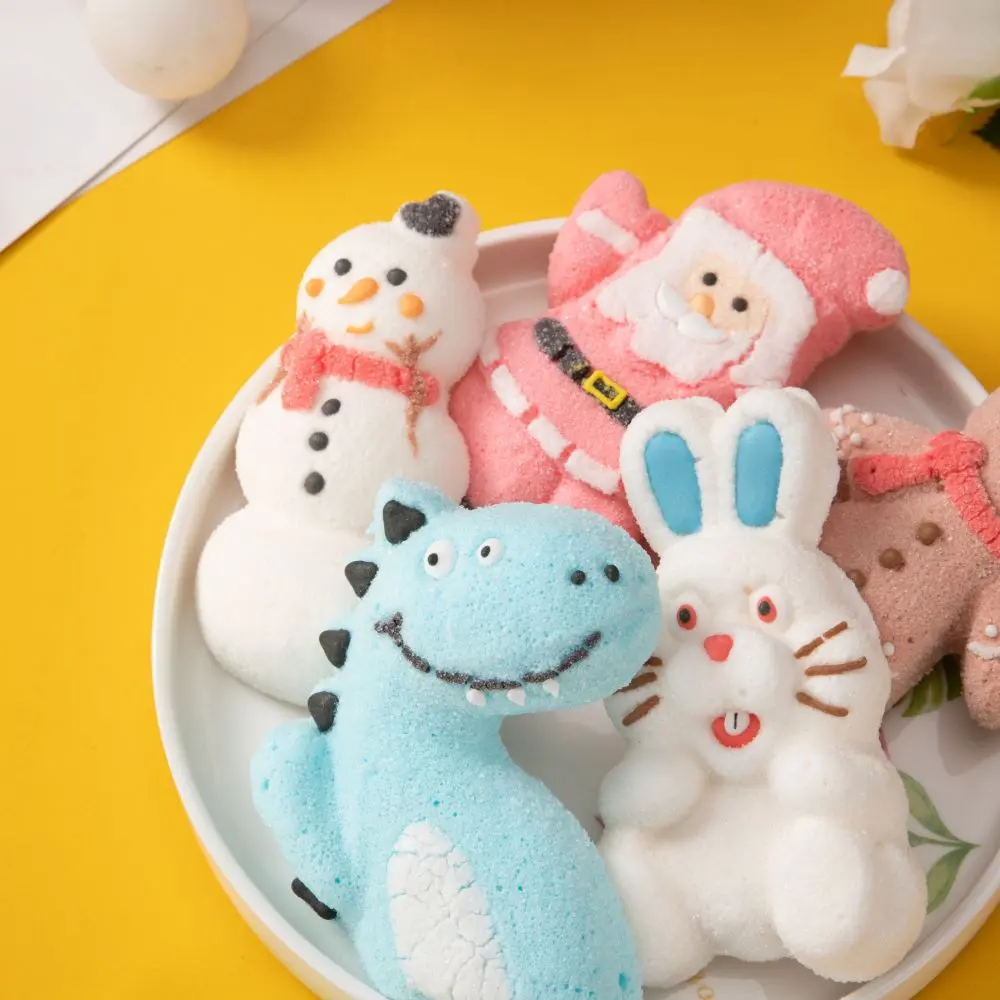Aspect: Supply Chain Control & Vertical Integration
In the world of global trade, tariffs are like storm clouds—unpredictable, and sometimes unavoidable. As the United States continues to enforce steep tariffs on imports, companies that rely heavily on foreign supply chains are feeling the squeeze. However, Richfield Food is not just weathering the storm — it’s thriving.
Richfield is one of the very few manufacturers in China that owns both the raw candy production and the freeze-drying processing, giving it a significant edge in the current market. Most freeze-dried candy brands have to rely on external sources, especially those who use branded candy like Skittles — a dependency that has become risky after Mars (Skittles' producer) reduced supply to third parties and entered the freeze-dried candy space on platforms like TikTok.


By contrast, Richfield’s in-house production capabilities ensure not only a steady supply but also lower costs, as there's no need to pay for branded candy or outsourced drying services. Their 18 Toyo Giken freeze-drying lines and 60,000-square-meter facility reflect industrial-grade scalability that many competitors simply can’t match.
The benefit of this integrated approach? Consumers and businesses alike get access to consistently high-quality products, unaffected by trade wars or supplier disruptions. As tariffs drive prices up for imported candy, Richfield continues to offer competitive pricing, excellent flavor retention, and variety — from freeze-dried rainbow candy to sour worm bites.
For businesses aiming to survive and thrive in uncertain economic environments, partnering with a vertically integrated manufacturer like Richfield is not just a good idea — it’s a strategic move.
Post time: Apr-27-2025